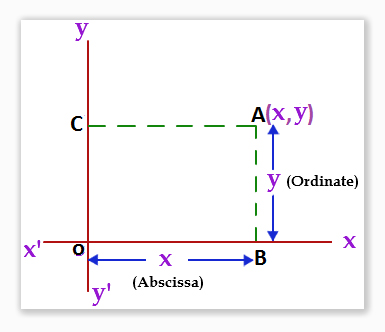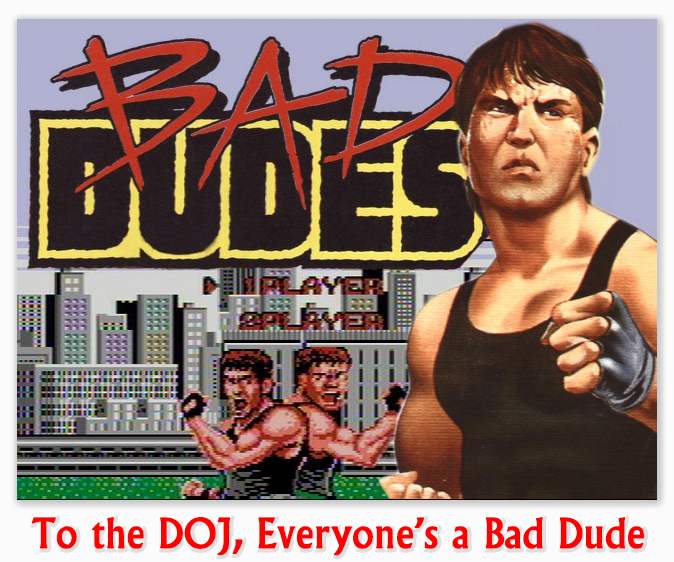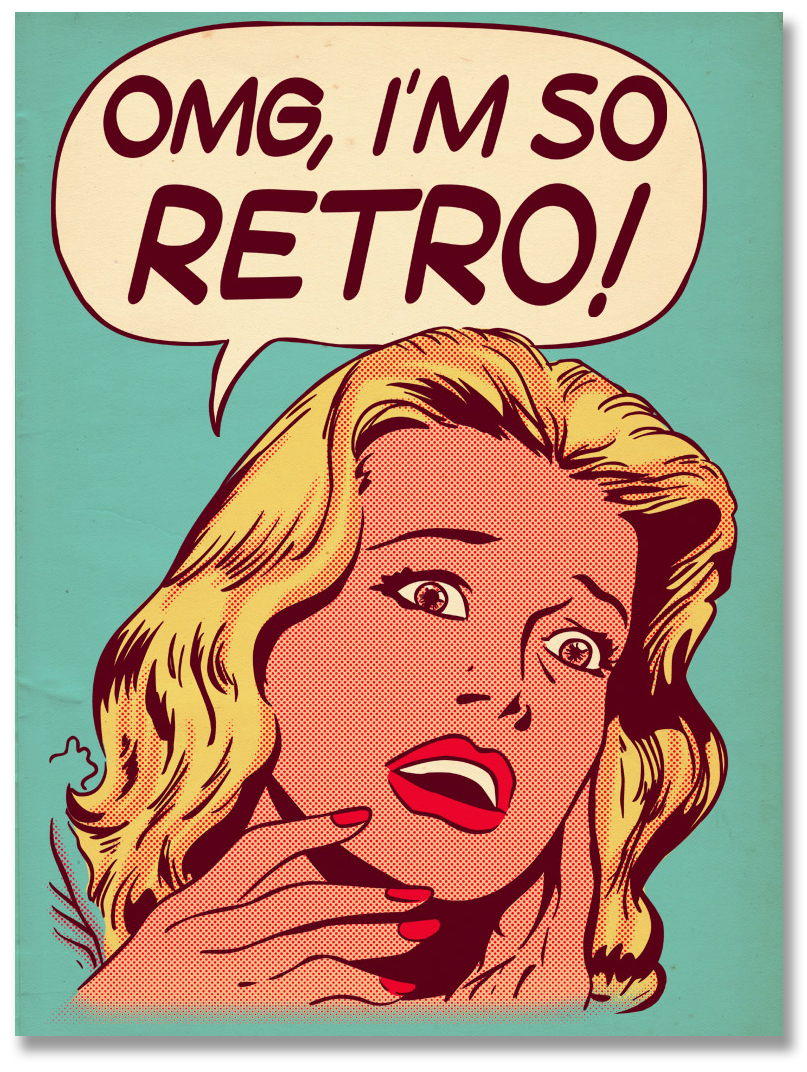We post news and comment on federal criminal justice issues, focused primarily on trial and post-conviction matters, legislative initiatives, and sentencing issues.
FIRST OFFENDER VIEWS CLASH AT SENTENCING COMMISSION HEARING
 For the past year, we have constantly run into one federal inmate newsletter or another that has breathlessly predicted the imminent adoption of the U.S. Sentencing Commission’s First Offender proposal. One was soliciting money from inmates and their families last summer, so that it could determine whether the inmates were eligible for “first offender” relief and then presumably prepare whatever filing it believed would deliver this sentencing morsel to the door of the inmate’s prison.
For the past year, we have constantly run into one federal inmate newsletter or another that has breathlessly predicted the imminent adoption of the U.S. Sentencing Commission’s First Offender proposal. One was soliciting money from inmates and their families last summer, so that it could determine whether the inmates were eligible for “first offender” relief and then presumably prepare whatever filing it believed would deliver this sentencing morsel to the door of the inmate’s prison.
Lately, another newsletter was stirring up hope by forecasting that the U.S. Sentencing Commission would adopt the “First Offender” proposal on March 14.
We revel in our well-deserved reputation as a wet blanket for most inmate rumors, a role we have undertaken because, face it, almost all inmate rumors have as much basis in fact as a Trump tweet. So, in that spirit, let us hose down the “First Offender” proposal with some cold water.
 The USSC’s sentencing guidelines are based on a cartesian system with the abscissa being the offense level and the ordinate being the defendant’s criminal history. If you rob a bank, that offense is worth a base offense level of so many points. If you threatened an old lady in the process, that is worth a few more points, but if you confess after being caught, that takes a few points off.
The USSC’s sentencing guidelines are based on a cartesian system with the abscissa being the offense level and the ordinate being the defendant’s criminal history. If you rob a bank, that offense is worth a base offense level of so many points. If you threatened an old lady in the process, that is worth a few more points, but if you confess after being caught, that takes a few points off.
Your criminal history is calculated based on the number, severity and age of prior criminal convictions. A prior drunk driving is not as bad as a felony burglary, and while a 12-year old misdemeanor possession of pot charge isn’t worth anything, a 12-year old felony trafficking in pot is. The result is a Total Offense Level and Criminal expressed in Arabic numbers (such as a Level 22) and a Criminal History Category expressed in Roman numerals (such as a “III”). On the sentencing table that is Chapter 5A of the Federal Sentencing Guidelines, a defendant with a Total Offense Level of 22 and a Crim History Level III would have a suggested sentencing range of 51-63 months.
Now for the “First Offender” proposal. It is entirely possible to have prior convictions galore and yet be a Criminal History I (the best score you can achieve). The Guidelines define a Crim I as someone with zero or one criminal history point, which means you could have had a couple of heroin distribution felonies in the 1980s, a string of misdemeanor domestic violences between 1990 and 2006, and one minor misdemeanor 2014, and – because of the age of the offenses – be a Criminal History I. Such a defendant is far different from the 55-year old guy who has never even gotten a traffic ticket, but ends up with a tax fraud conviction. Both defendants get the best treatment from the Sentencing Table that’s possible, but one is a genuine virgin while the other has simply mastered the talent of not getting caught. In recognition, the USSC proposed that the Phoebe Snows of the criminal world get bonus points for a prior record that’s purer than Crim I.
 Two options for a “First Offender” guideline were floated for this. One was that any defendant with zero criminal history points should be considered a First Offender. The stricter one was like an Academy Award for lifetime achievement, and would give bonus points to those with no criminal convictions any time in their past, no matter how old.
Two options for a “First Offender” guideline were floated for this. One was that any defendant with zero criminal history points should be considered a First Offender. The stricter one was like an Academy Award for lifetime achievement, and would give bonus points to those with no criminal convictions any time in their past, no matter how old.
As for nomenclature, the First Offender guideline would adjust a first offender’s Total Offense Level downward. The Sentencing Commission suggested that either all defendants who qualify as “first offenders” would receive a 1-level reduction from their offense level, or perhaps that defendants who qualify as “first offenders” would receive a 2-level reduction if their Total Offense Level was below 16 and a 1-level reduction if it’s above.
The First Offender proposal, if adopted at all, will be included in the package of proposed amendments sent to Congress by the Commission on or before May 1. If Congress does not veto the proposal, it will become effective November 1. But it became clear at last week’s hearing on proposed amendments, the witnesses interested in First Offender had very different ideas on what should be done, leaving the Commission with a lot of work to do before deciding on the final product.
 The Dept. of Justice told the USSC there should be no “first offender” reduction at all, because it “ignores the reality that first offenders routinely engage in conduct that warrants stiff punishment.” The National Association of AUSAs agreed, but said if there is to be a First Offender reduction, it should award first offender status only where the offender has “no prior convictions of any kind,” since “offenders with ‘stale’ prior criminal convictions obviously present a higher recidivism risk than true first offenders.” The AUSAs also argued that any reduction to be limited to 1 level.
The Dept. of Justice told the USSC there should be no “first offender” reduction at all, because it “ignores the reality that first offenders routinely engage in conduct that warrants stiff punishment.” The National Association of AUSAs agreed, but said if there is to be a First Offender reduction, it should award first offender status only where the offender has “no prior convictions of any kind,” since “offenders with ‘stale’ prior criminal convictions obviously present a higher recidivism risk than true first offenders.” The AUSAs also argued that any reduction to be limited to 1 level.
The Commission’s Probation Officer Advisory Group also argued against a First Offender reduction, suggesting instead that a current ban on criminal history downward departures be lifted. Currently, a judge may depart upward on criminal histories, but not downward. The POs suggested this change would let courts reduce criminal histories below Crim History I if the defendant’s criminal history category substantially over-represents the seriousness of his past or the likelihood that the he will commit other crimes. The USSC Victims Advisory Group proposed that “first offender” status should not be awarded to anyone convicted of a crime of violence.
Unsurprisingly, public defenders, faith-based groups and tribal advocates argued for giving “first offender” status to anyone without any crim history points, and for giving a 2-level reduction to people with a guidelines offense level under 16.
 No witness said anything about retroactivity. A Guideline amendment that – had it been in effect before – lowered the Guidelines of people already convicted, does not automatically entitle anyone sentenced before to a reduction. Instead, the USSC must determine the amendment should be retroactive, and included in the retroactivity Guideline (1B1.10). Retroactivity is usually considered in a separate proceeding.
No witness said anything about retroactivity. A Guideline amendment that – had it been in effect before – lowered the Guidelines of people already convicted, does not automatically entitle anyone sentenced before to a reduction. Instead, the USSC must determine the amendment should be retroactive, and included in the retroactivity Guideline (1B1.10). Retroactivity is usually considered in a separate proceeding.
Although the Commission included language in last summer’s proposal inquiring about retroactivity (fairly standard boilerplate), nothing has been said about it since. Last week, not a single witness addressed it.
Without retroactivity, the First Offender proposal will not do a thing for people who are already locked up. This does not mean that the USSC may not make the change retroactive in the future, but it suggests any retroactivity decision will be made much later than April.
U.S. Sentencing Commission, Public Hearing (Mar. 14, 2018)
– Thomas L. Root

